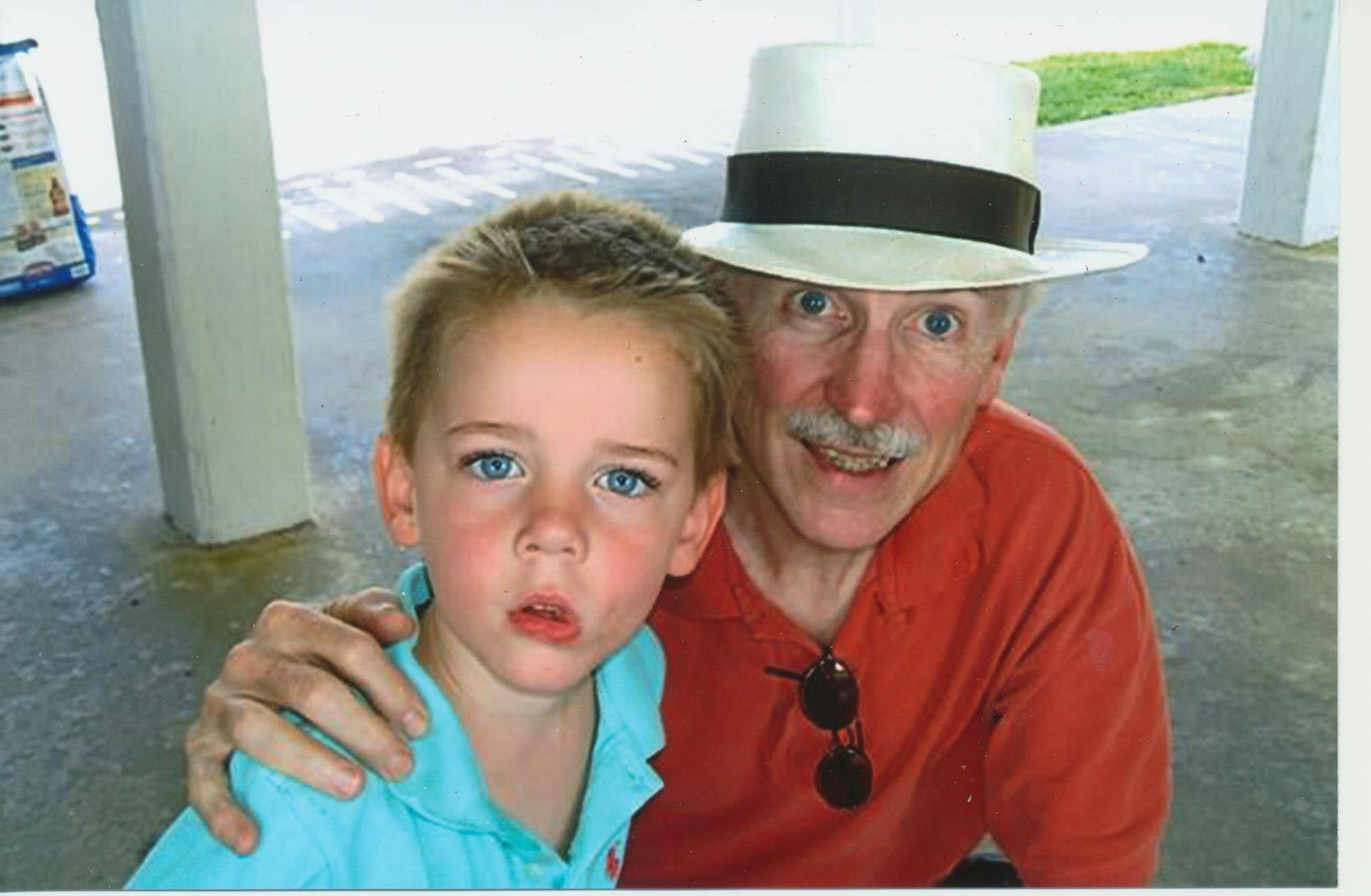 Tom Curtis, who died of Parkinson’s on January 22 at 71, was not an easy man to love, though in my experience most investigative reporters are not. They tend to be tightly wound and sometimes more high minded than the rest of us, but that sort of goes with the territory. Those are also the traits—along with a near pathological relentlessness—that made Tom an award-winning writer for Texas Monthly in its earliest days, and an outstanding editor at Houston City Magazine, where he gave me the opportunity and the tools to build the journalism career I’ve now enjoyed for decades.
Tom Curtis, who died of Parkinson’s on January 22 at 71, was not an easy man to love, though in my experience most investigative reporters are not. They tend to be tightly wound and sometimes more high minded than the rest of us, but that sort of goes with the territory. Those are also the traits—along with a near pathological relentlessness—that made Tom an award-winning writer for Texas Monthly in its earliest days, and an outstanding editor at Houston City Magazine, where he gave me the opportunity and the tools to build the journalism career I’ve now enjoyed for decades.
You can read the conventional obits that talk about his work at this magazine and the Washington Post, the Dallas Times Herald, and Rolling Stone. He was a product of the rebellious sixties and seventies, when many young people believed they had an obligation to root out injustice and upend the status quo. Tom exposed the brutality of Houston’s police department at a time when most citizens simply accepted their bigotry as part of the landscape; he reported on the origin of AIDS when few would touch the subject. With piercing blue eyes and a long, pointed nose that seemed perpetually sniffing the wind, Tom had an unfailing instinct for deceit and the patently unfair. There are no better examples than these two Texas Monthly stories.
But what was most important about Tom was his willingness—his passion, really—to share his knowledge with a cadre of eager younger reporters. He wasn’t warm and fuzzy—he was too anxious for that—but he had a zeal that was contagious, and the high standards that would make a neophyte terrified to fail. Tom was nearly impossible to please—there was always one more question you should have asked, one more phone call you should have made—and I was a shy, indulged child from a comfy background who didn’t understand the importance of crossing every “t” and dotting every “i.” But I never refused the push; even though there were many tears and long sleepless nights rewriting stories for the fifth or sixth time—with a typewriter! —I knew on some level that I had found my path, and that Tom was showing me the way. He not only convinced me that I could write, but unlike so many male and female editors, he convinced me that I could write about a lot more than beauty products and other girly subjects. If I had a predilection for exposure—and I did, though I didn’t know it at the time—he showed me how to use it in the service of a greater good.
At some point we lost touch. I moved to Austin and then Dallas, and he moved from Houston to Galveston, though I remained friends with and am even married to one member of our old staff. When I moved back to Houston in the late eighties, Tom sometimes came to dinner, disrupting the order of things as only he could do. One night, after 9-11, our ten-year-old son was hiding his fear by pontificating at the dinner table that no one would attack Houston. Why would they? Most of the people at the table had enough sense to hold their tongues, but Tom plunged in, launching into a terrifying soliloquy about Houston’s ship channel, oil storage tanks, fireballs and, well, Armageddon. I kept making cutting motions with my hand at my throat, but it was more important to Tom to make sure Sam got the true story.
Sixteen years later, Sam has not forgiven him for the fright, but he was young then and is still young now. One day he will figure out what Tom wanted the rest of us to know: That the truth can be scary, but that ignoring it can be even scarier.
Tom’s achievements will be honored at a memorial service at the Unitarian Universalist Fellowship of Galveston, 502 Church Street, at 10:30 a.m. on Sunday, January 29. Gifts in his memory may go to Antioch College, Office of Advancement, One Morgan Place, Yellow Springs, OH, 445387 or the ACLU or Texas, box 8306, Houston, Tx, 77288-8306 or via their website, www.aclutx.org.






